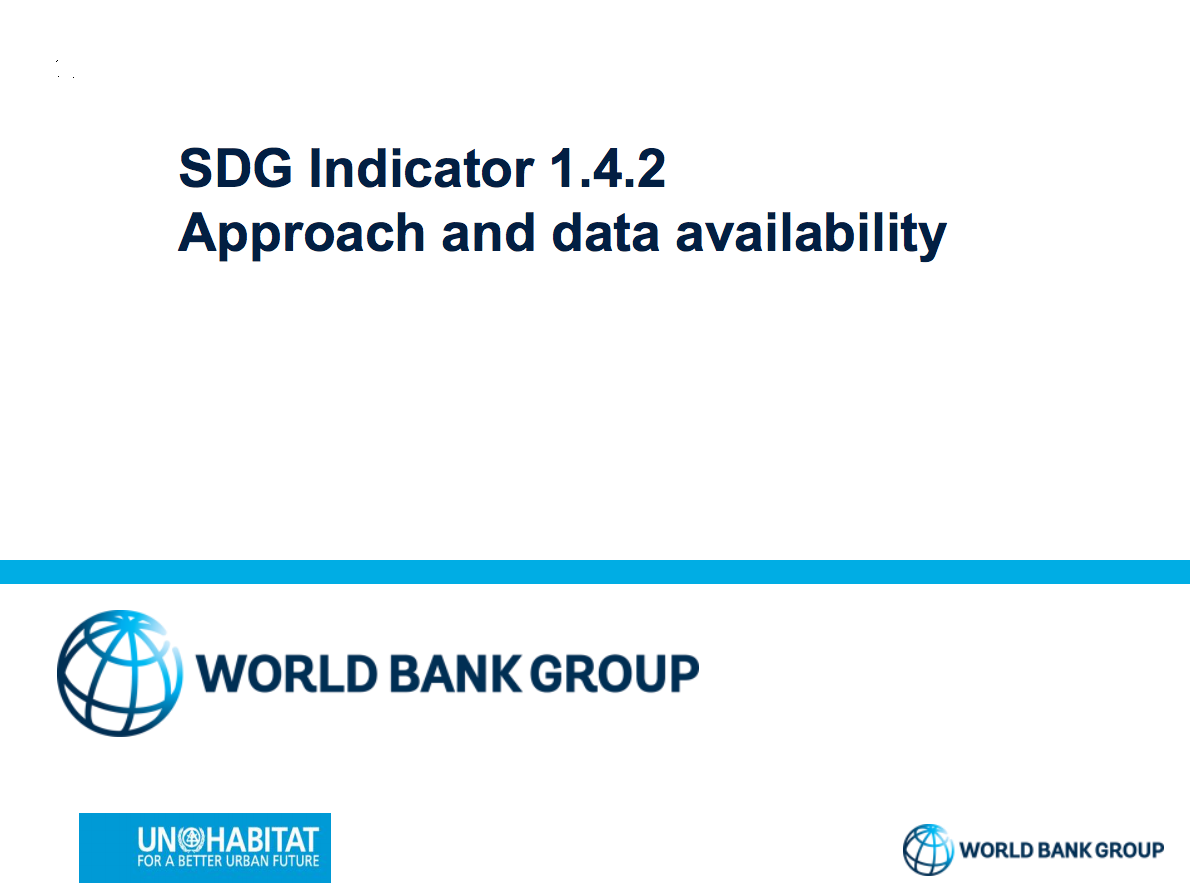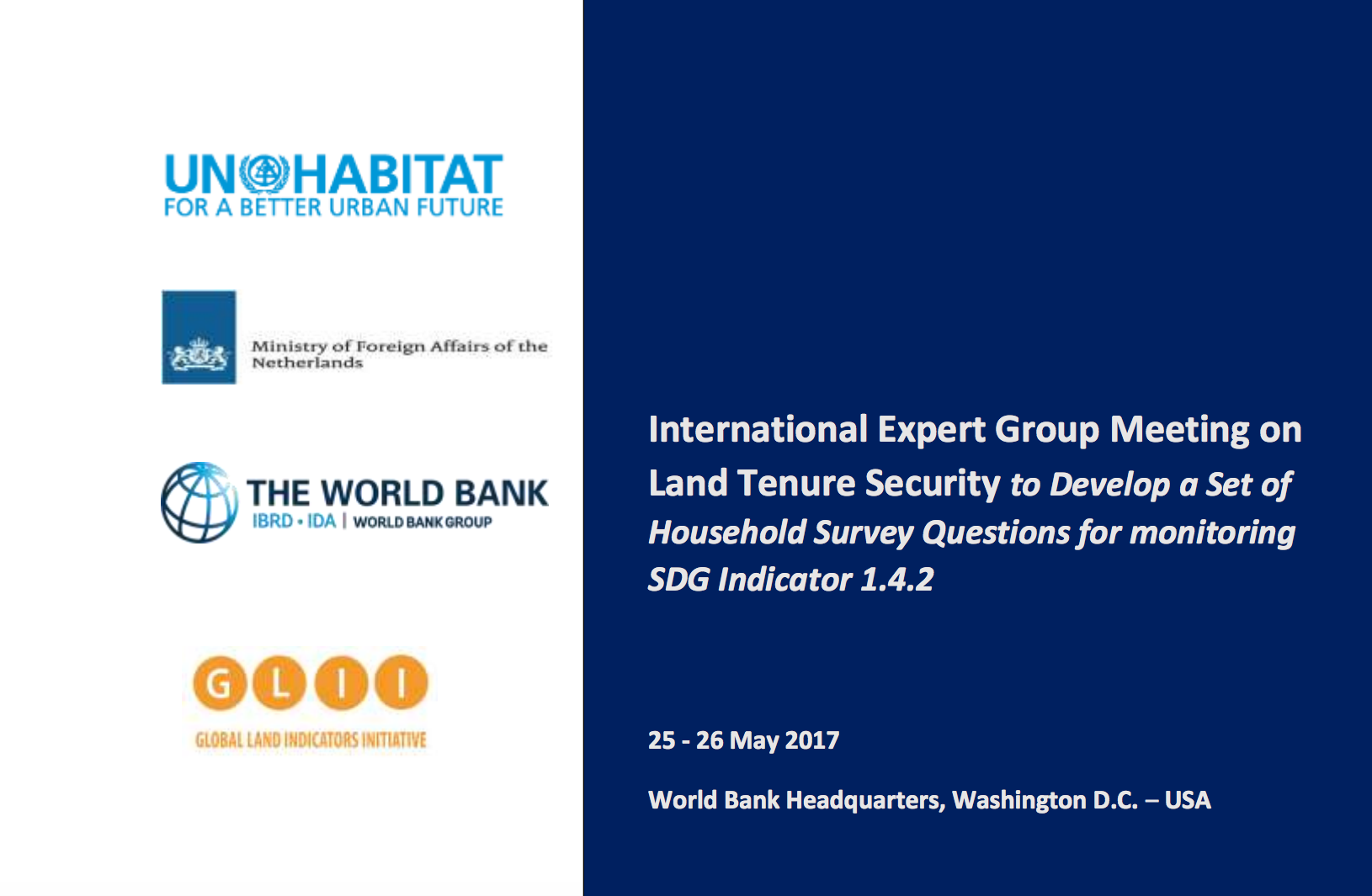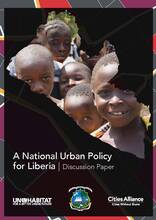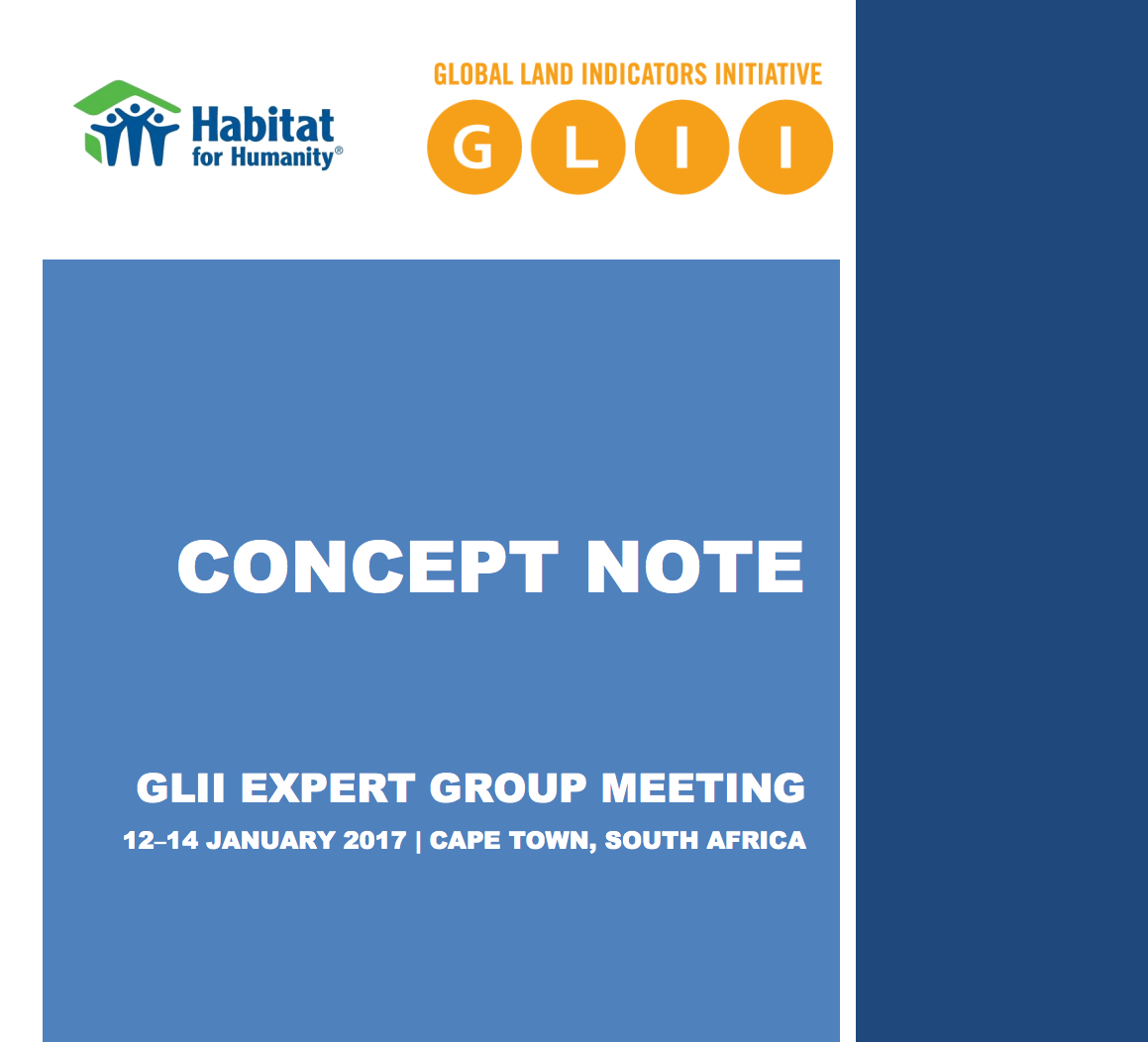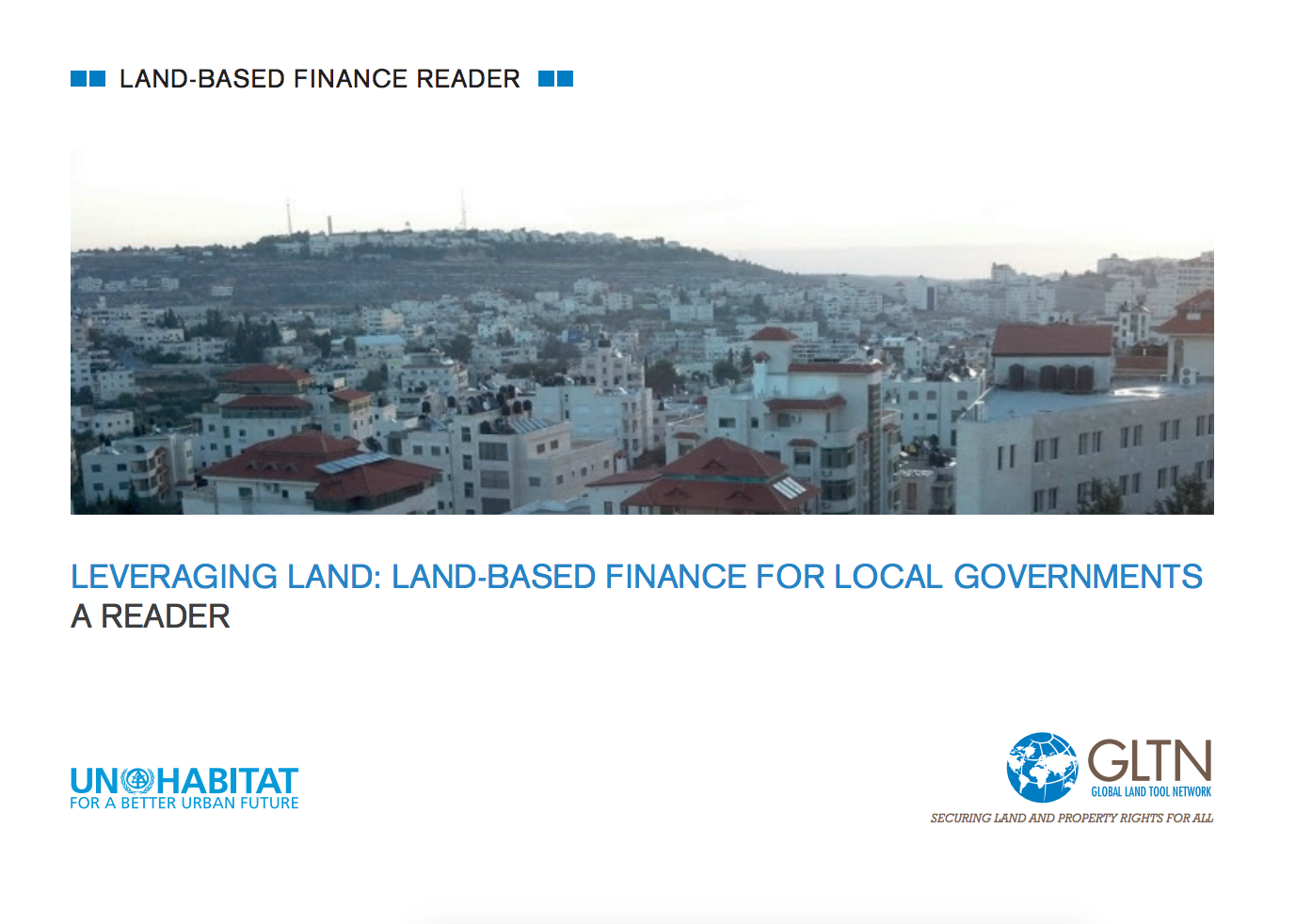Location
UN-Habitat is the United Nations programme working towards a better urban future.
Its mission is to promote socially and environmentally sustainable human settlements development and the achievement of adequate shelter for all. Cities are facing unprecedented demographic, environmental, economic, social and spatial challenges. There has been a phenomenal shift towards urbanization, with 6 out of every 10 people in the world expected to reside in urban areas by 2030. Over 90 per cent of this growth will take place in Africa, Asia, Latin America, and the Caribbean. In the absence of effective urban planning, the consequences of this rapid urbanization will be dramatic. In many places around the world, the effects can already be felt: lack of proper housing and growth of slums, inadequate and out-dated infrastructure – be it roads, public transport, water, sanitation, or electricity – escalating poverty and unemployment, safety and crime problems, pollution and health issues, as well as poorly managed natural or man-made disasters and other catastrophes due to the effects of climate change. Mindsets, policies, and approaches towards urbanization need to change in order for the growth of cities and urban areas to be turned into opportunities that will leave nobody behind. UN-Habitat, the United Nations programme for human settlements, is at the helm of that change, assuming a natural leadership and catalytic role in urban matters. Mandated by the UN General Assembly in 1978 to address the issues of urban growth, it is a knowledgeable institution on urban development processes, and understands the aspirations of cities and their residents. For close to forty years, UN-Habitat has been working in human settlements throughout the world, focusing on building a brighter future for villages, towns, and cities of all sizes. Because of these four decades of extensive experience, from the highest levels of policy to a range of specific technical issues, UN-Habitat has gained a unique and a universally acknowledged expertise in all things urban. This has placed UN-Habitat in the best position to provide answers and achievable solutions to the current challenges faced by our cities. UN-Habitat is capitalizing on its experience and position to work with partners in order to formulate the urban vision of tomorrow. It works to ensure that cities become inclusive and affordable drivers of economic growth and social development.
Members:
Resources
Displaying 66 - 70 of 223SDG Indicator 1.4.2: Approach and data availability
Presentation at the LandAc conference in June 2017, by Thea Hilhorst, representative of the World Bank, custodian agency of the development of SDG indicator 1.4.2.
Thea Hilhorst presents the approach to measuring this indicator and the available data that can be used.
International Expert Group Meeting on Land Tenure Security to Develop a Set of Household Survey Questions for Monitoring SDG Indicator 1.4.2
The World Bank Group and UN-Habitat as co-custodians of the SDG Indicator 1.4.2, in collaboration with the Global Land Indicator Initiative (GLII) organized an international Expert Group Meeting (EGM) at the World Bank Headquarters in Washington D.C. from 25 -26 May 2017 in preparation for the reclassification process of the SDG Indicator 1.4.2.
A National Urban Policy for Liberia
The Feasibility Discussion Paper is a key output of the feasibility phase of the NUP process in Liberia. It explains the context in which the policy will operate. The paper is the result of a wide range of research and consultations on the demographic, socioeconomic, and physical environment aspects of the country. It also provides preliminary policy recommendations for further analysis in the subsequent NUP development processes.
Concept note for GLII Expert Group Meeting
The inclusion of land in the SDGs is a significant achievement of the GLII platform and the fruit of close collaboration with other networks like Global Donor Working Group on Land.
Leveraging Land: Land-based Finance for Local Governments - A Reader
The potential contribution of land based financing to the development of sustainable and equitable cities and properly serviced communities is often underestimated. Land based financing is a collective name given to a range of instruments by which local governments could expand their revenue base and generate funds that will help them to deliver services and infrastructure development and achieve their maintenance goals.

